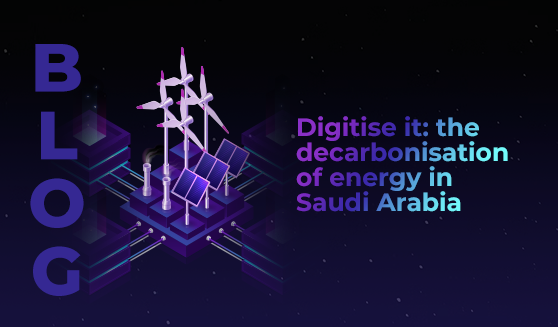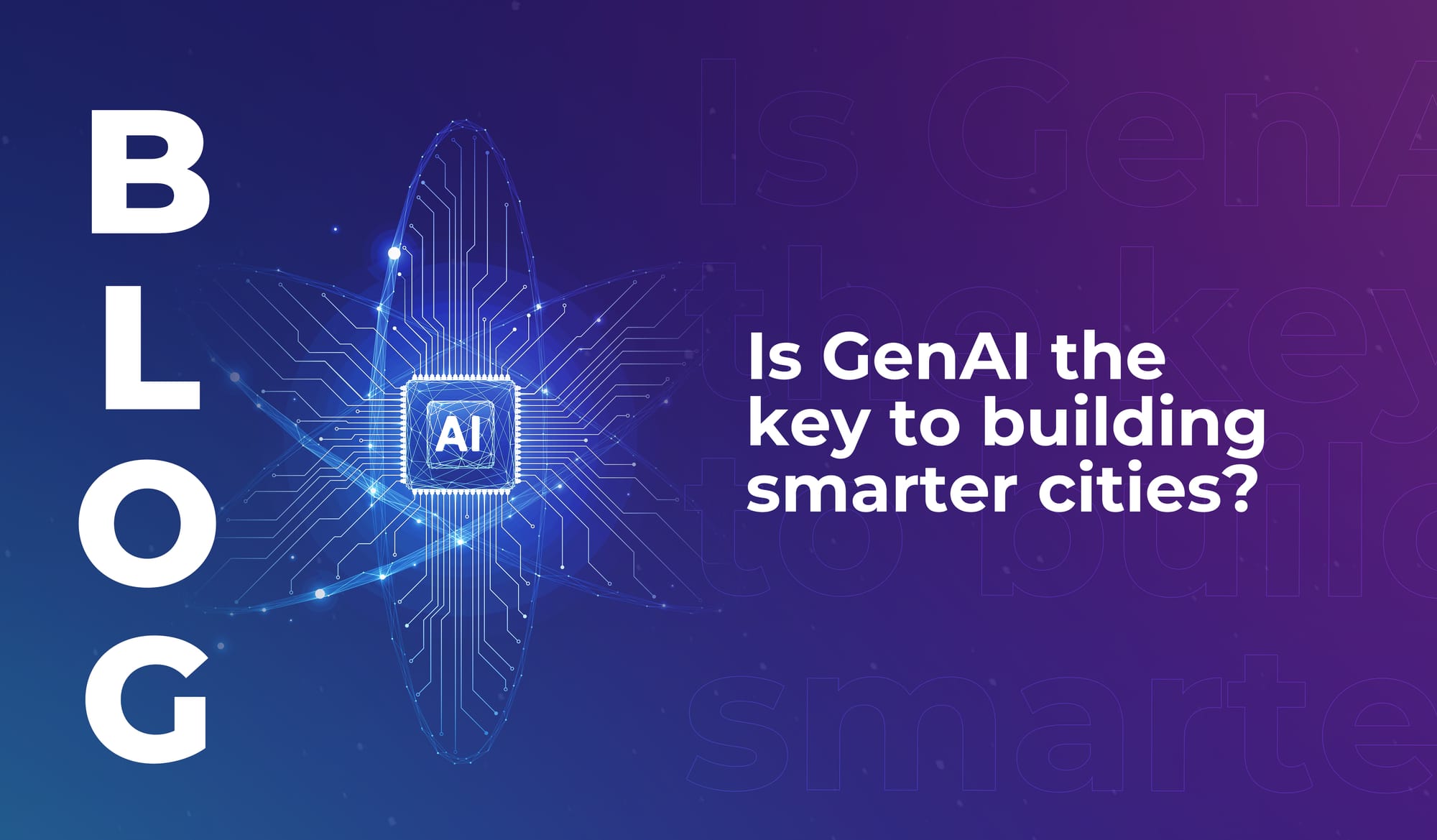
Top trends to watch in the smart cities market
Explore key smart city market trends for 2025–2030, from EV infrastructure to AI-powered waste systems – backed by the latest industry report.


Globally, the decarbonisation of the energy sector is an important priority. One of the United Nations’ global goals (Goal 7, to be precise) is to ensure access to ‘affordable, reliable, sustainable and modern energy’.
According to the Sustainable Development Goals Report 2023, the world is moving towards sustainable energy targets – but change isn’t happening fast enough. It’s estimated that around 660 million people still won’t have access to electricity, and almost 2 billion people will still be relying on polluting fuels for cooking by 2030.
In the electricity sector, renewables now power nearly 30% of global energy consumption. But the heating and transport sectors have a way to go to catch up. And to achieve universal electricity access by 2030, investment of up to USD $40 billion will be needed worldwide.
Decarbonisation presents an enormous global challenge – and one that can only be solved with innovative technology and focused government initiatives. Saudi Arabia is taking crucial steps to decarbonise its energy industry; with a focus on renewables, cultivating a circular carbon economy, and diversifying the local economy away from fossil fuels.
Saudi Arabia aims to achieve net zero emissions by 2060 – in line with the broader ambitions of Vision 2030 to accelerate the transition to clean energy and generate a new wave of investment.
Key to this goal is the growth in renewable energy. By 2030, the country aims to have a 50% share of its electricity generated from renewables – and given the environmental conditions, solar energy will play a huge role in this.
In 2022, Saudi Arabia unveiled the world’s biggest single-site solar-power facility. It’s expected to be in operation by the end of 2025, and will have a generation capacity of 2,060 MW. It’ll be built by the Saudi energy company ACWA Power and the Kingdom’s Public Investment Fund (PIF).
Facilities like this highlight the increasing momentum in KSA’s drive to establish a functioning renewables sector. In 2021 the National Renewable Energy Program inaugurated its first utility-scale renewable energy project – a 300 MW solar power plant in Sakaka. And simultaneously, plans for seven more solar projects were revealed. The government has also established a targeted fund with an investment target of $53 billion spanning sectors including power and water.
As part of its net zero objective, Saudi Arabia is also working on its Circular Carbon Economy (CCE) as a means to reduce emissions from the production of oil and gas. KSA is promoting its CCE framework both domestically and internationally – aiming to protect the environment while also having a positive socio-economic impact.
Oil and gas production operating systems will be transformed from linear structures into circular systems, in order to:
This concept has been endorsed by G20 member states, with exact pathways and timelines still in development.
Clean energy tech is at the heart of all initiatives to increase renewables. So Saudi Arabia is investing heavily in technologies to enable its renewable objectives – with at least $270 billion earmarked for low-carbon energy projects by 2030.
Saudi Arabian company ACWA Power – a developer, investor, and operator of electricity generation and water desalination plants – is playing an instrumental role in leading renewable energy solutions both locally and internationally, and sits at the centre of the Vision 2030 goals for renewable energy.
Local startups are also taking up space – developing new solutions to help the country achieve its renewable energy goals. CO2eTrader, for example, provides a platform for trading carbon credits – allowing companies to reduce their footprint and meet sustainability goals. And Natufia Smart Gardens produces indoor gardens that grow fresh produce using hydroponic technology – promoting healthy and sustainable living through an innovative alternative to traditional farming methods.
When we interviewed Jan Lozek (Managing Partner and Co-Founder of Future Energy Ventures), he said:
“The future of energy will be built on digitalization – without software there can be no decentralised net zero energy system. The energy system is fast becoming a network of centralised and distributed energy resources, which relies on digital technologies and software to manage and harmonise. As that network expands, technology is only becoming more important.”
Saudi Arabia has become a leader in digital transformation since the pandemic. There’s no doubt that the country faces major challenges ahead as it works to decarbonise its energy sector. But if the future of decarbonisation lies in digitisation, then the future is promising for KSA.

Explore key smart city market trends for 2025–2030, from EV infrastructure to AI-powered waste systems – backed by the latest industry report.

Learn how generative AI is unlocking the true potential of digital twins – to make smart cities more efficient, inclusive, and citizen-focused.

The smart cities of the future will use tech to lower emissions, cut urban temperatures, and improve quality of life in highly populated areas.

Explore key smart city market trends for 2025–2030, from EV infrastructure to AI-powered waste systems – backed by the latest industry report.

Learn how generative AI is unlocking the true potential of digital twins – to make smart cities more efficient, inclusive, and citizen-focused.

The smart cities of the future will use tech to lower emissions, cut urban temperatures, and improve quality of life in highly populated areas.